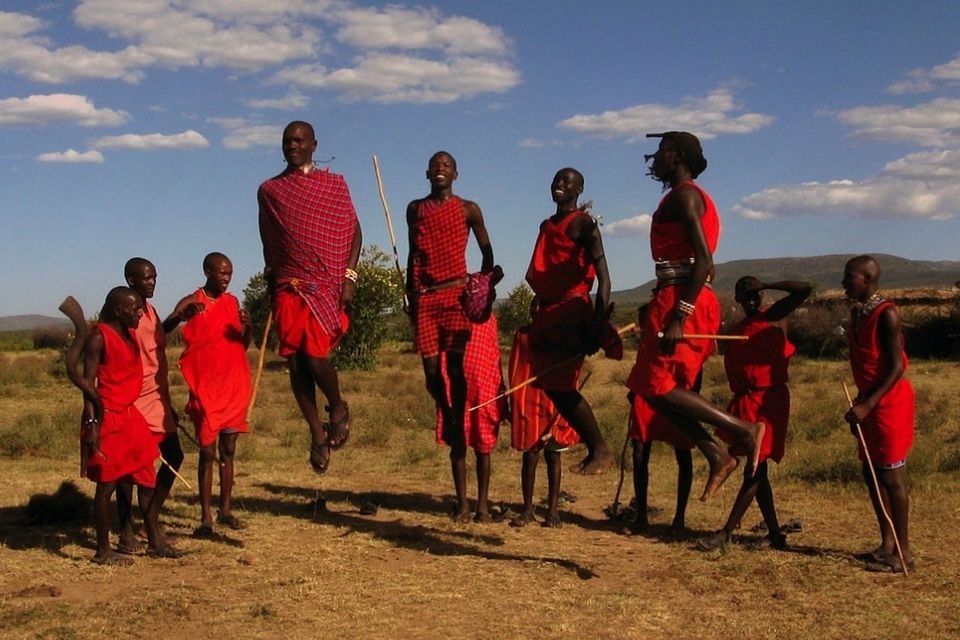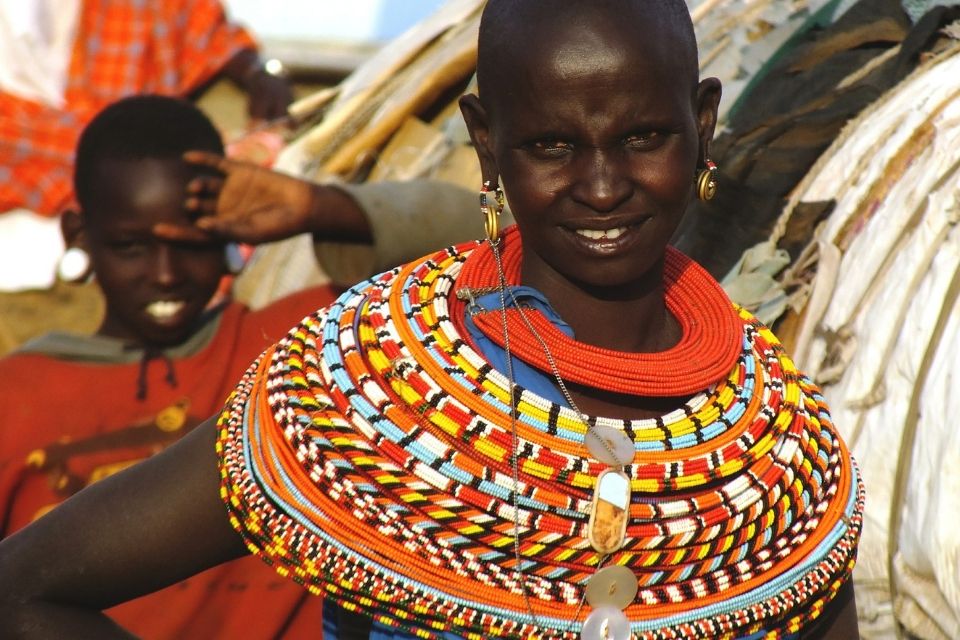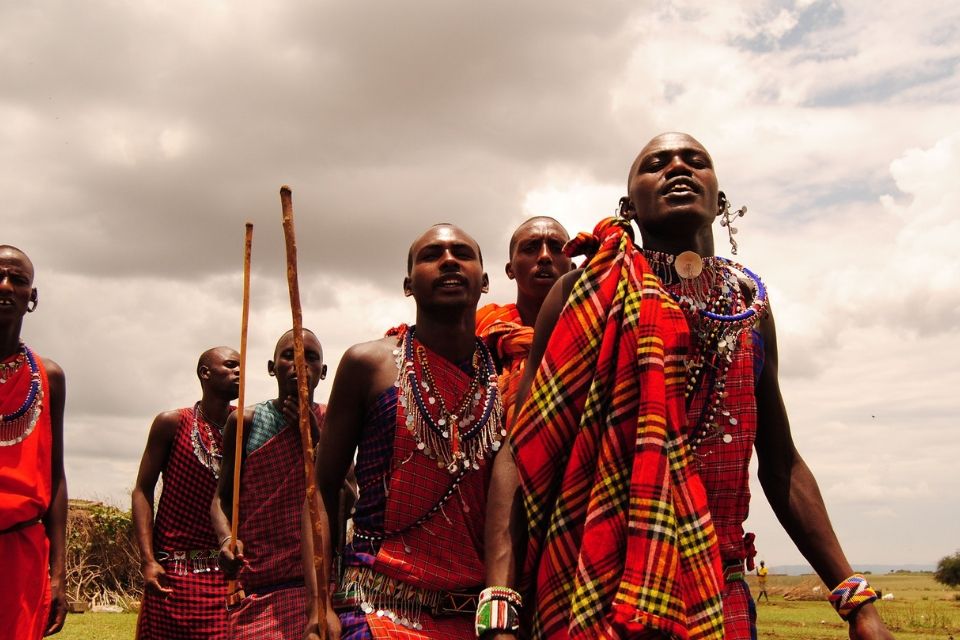A visit to the tribal people and indigenous communities in Africa has seen a significant rise in itinerary inclusions over the years. Rightly so! Not only will you enjoy a nice variety to your time with mother nature, but also benefit from an educational experience that helps break down barriers, overcome stereotypes, and create an environment for mind-blowing perspective building. The tribes themselves can benefit from the economic boost that tourists provide. Today this type of visit is referred to as tribal tourism.
There’s a myriad of reasons to be interested in this kind of tourism. Many travelers view it as a unique educational opportunity, a practical way to learn more about the world and its ancient traditions. For some, being around indigenous cultures ensures a more memorable, authentic experience. And for others still, it’s simply a curiosity that mere words and online videos cannot quell, and so they set out to meet these gregarious people whose appearance and way of life is a tad apart from their own.
Positive Impact of Tribal Tourism

Done sensitively, tribal tourism can have a lot of positive effects. For one, it helps visitors have a deeper appreciation of different ways of life. For the indigenous communities, this type of tourism affords one of the best opportunities to facilitate cultural exchange and celebration. As much as you have a lot to learn about their customs and traditions, visiting them also lets them learn a bit from yours.
There’s also the economic boost to their communities as it provides employment for many local people; from those working in safari camps and lodges to those selling locally made trinkets and other forms of memorabilia. The funds that facilitate tribal tourism can also be used to improve the infrastructure of the area and preserve their cultural heritage.
Most importantly, however, in its own unique way, it raises significant awareness about the need to conserve the natural environment and lends a strong voice in support of sustainable practices during your travels.
Negative Aspects of Tribal Tourism
Visiting local tribes in Africa is not without its potential drawbacks. The most obvious, of course, being the cultural erosion of the people as their constant interaction with foreigners can lead them to replace certain ancient practices in favor or more modern ones. An example is the ancient and fascinating Masai tribe inhabiting areas in Kenya and Tanzania. Unrestricted and irresponsible tourism activities has had profound effects on their way of life, such as:
- Wide scale eviction from their land — An estimated 70% of protected lands and wildlife preserves across East Africa originally belonged to the Masai people. Over the years, many of them have been forced off their land, which is now home to increasing numbers of lodges, camps, and private reserves.
- Commodification/Commercialized Culture — This term describes how an influx of tourists every year has somewhat turned the local culture of this tribe into commodities that are showcased to visitors at a price. For instance, when they perform their famous jumping dance as if they were in real life just for tourists who want a glimpse of cultural practices. Slowly, yet surely, staged authenticity becomes inevitable.
- Environmental Concerns — Increasing numbers of visitors to Masai camps can bring about environmental problems such as littering, pollution and footpath erosion.
- Insufficient Funding — All these issues take time and money to clear up, but there’s also the possibility of those tourism funds never making it to the local communities in the first place due to unscrupulous activities on the part of the tour organizers.
How To Do It Right

The best way to have a memorable, enriching interaction with indigenous groups, is to visit them with a deeper purpose beyond taking pictures and exiting as abruptly as you arrived. There are many reasons why you should visit the Masai people, but here are some tips to consider:
- Travel with a local tour company with a proven track record of responsible village visits. Many of them include this in their tourism policy and references.
- Take the time to read up on the people you are about to visit so you can have a deeper understanding of why they do things the way they do.
- Be a gracious guest and be sensitive to how your bucket list demands can affect their day to day activities. Also, remember to travel sustainably.
- During your stay, make sure that the local people actually benefit from your visit. Purchase their crafts or pay for the services of local guides and translators.
As more and more people continually seek out new travel experiences, it seems likely that tribal tourism will continue to grow in popularity. The good news is that there are a number of organizations and local tour operators today who have made it a duty to ensure that local tribes retain 100% of tourism revenues from lodge-generated village visits, which in turn has brought about much development in these villages, such as schools, health care, and rainwater harvesting systems.
Play your part today and make sure that your visit to a local tribe in Africa is not just an enjoyable experience for you, but for the host community as well.

